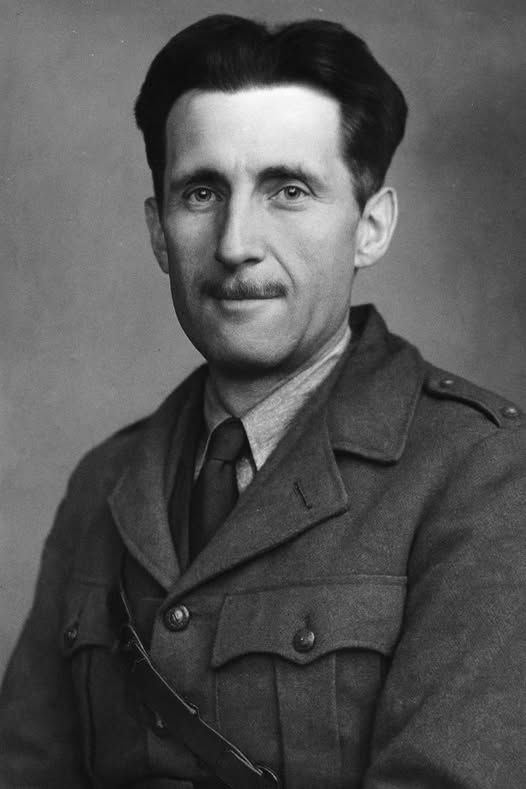George Orwell, born Eric Arthur Blair on June 25, 1903, in Motihari, India, was one of the most influential English writers of the 20th century. Best known for his novels Animal Farm and 1984, Orwell’s works remain powerful reflections on truth, freedom, and the dangers of totalitarianism.
Orwell spent his early years in India, where his father worked for the British government, before moving to England for his education. He later joined the Indian Imperial Police in Burma, an experience that deeply affected him and made him critical of imperialism and social injustice. This disillusionment led him to become a writer, determined to expose the darker sides of politics and society.
His most famous book, Animal Farm (1945), is an allegorical novella that uses animals on a farm to represent the corruption of socialist ideals in the Soviet Union. Through simple language and strong symbolism, Orwell showed how power can corrupt even the most noble intentions.
His other masterpiece, Nineteen Eighty-Four (1949), is a dystopian novel that imagines a future where the world is controlled by oppressive regimes that monitor every move and even every thought of their citizens. The terms “Big Brother,” “Thought Police,” and “doublethink” have since become part of everyday language, symbolizing the loss of personal freedom and the manipulation of truth.
Beyond his novels, Orwell was also an essayist and journalist with a deep sense of honesty and social responsibility. He wrote about poverty in books like Down and Out in Paris and London (1933) and about his experiences in the Spanish Civil War in Homage to Catalonia (1938). His writing combined political insight with human compassion, making him a rare kind of intellectual who could speak both to the mind and to the heart.
George Orwell died in 1950 at the age of 46, but his ideas remain timeless. His warnings about censorship, propaganda, and the abuse of power are still relevant in today’s world. Orwell’s courage to tell the truth, even when it was unpopular, continues to inspire readers, journalists, and thinkers across generations.
In the end, George Orwell was more than a writer — he was a defender of truth and freedom. His words remind us that language matters, that truth must be protected, and that silence in the face of injustice is the greatest danger of all.

